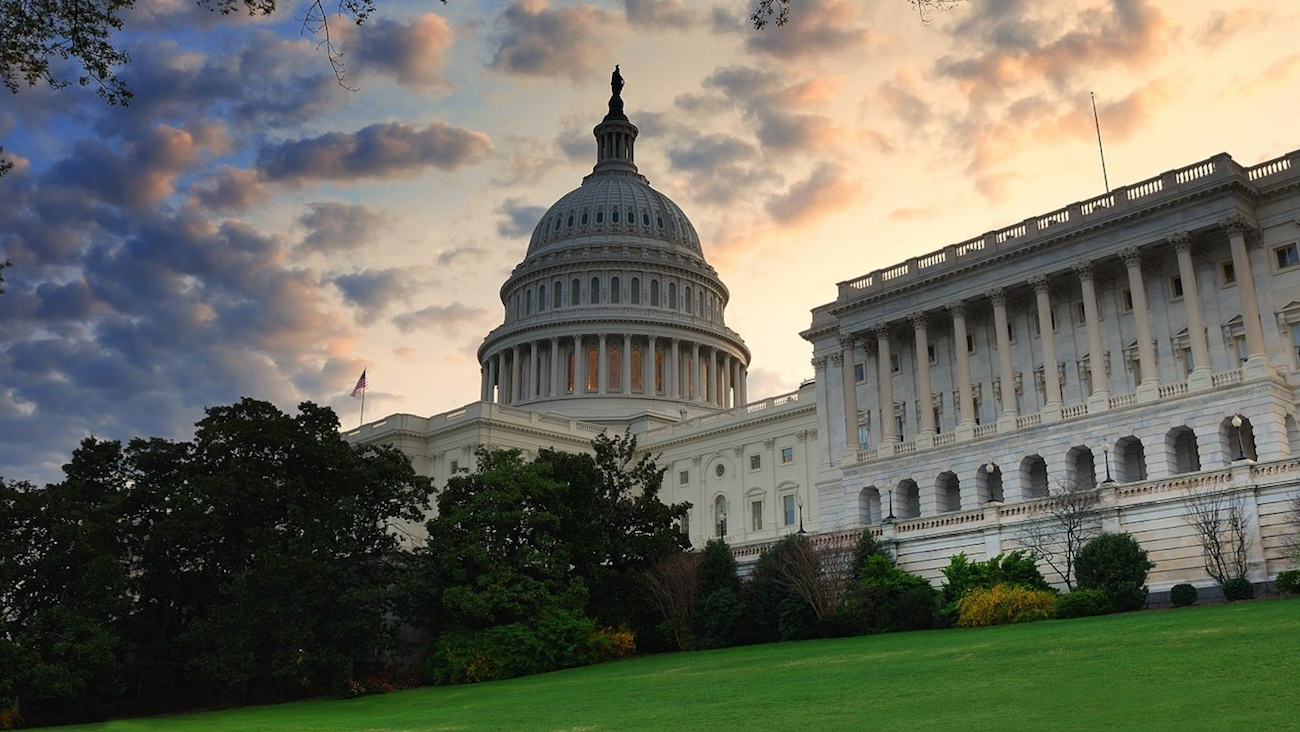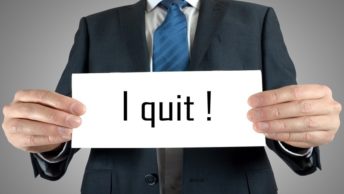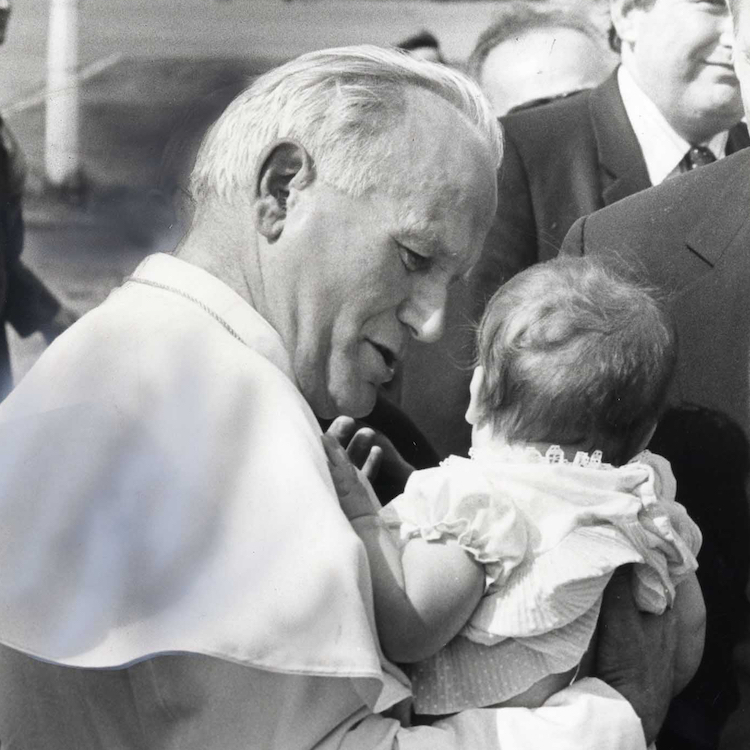Few people in history have seen more jobs up close than Mike Rowe, the longtime host of the Discovery Channel’s hit TV show Dirty Jobs.
Now the blue-collar icon has a message for those who say “non-essential” employees have no business working during the COVID-19 pandemic.
In a recent TV appearance with Dana Perino on “The Daily Briefing,” Rowe made it clear he’s not a fan of the terms “essential” and “non-essential” worker. The problem with such a view, Rowe said, is that such terms have little actual meaning and the economy makes no such distinction.
“There’s something tricky with the language going on here, because with regard to an economy, I don’t think there is any such thing as a nonessential worker,” Rowe said. “This is basically a quilt…and if you start pulling on jobs and tugging on careers over here and over there, the whole thing will bunch up in a weird way.”
Rowe’s message is precisely what FEE president and economist Zilvinas Silenas was getting at in a recent article published at Townhall.
“Allowing politicians to decide which businesses and products are ‘essential’ is an invitation for disaster,” Silenas observed. “If we continue to deny these businesses the ability to do the one essential thing they are best at—providing goods and services to millions of everyday Americans—we risk more than unemployment or recession of stock price plunge. We deprive ourselves of the best resource—our people—during the time of need.”
The truth is, all workers are essential.
Unfortunately, all too often what is deemed “essential” is simply what’s convenient to state leaders making the decisions. Few would suggest that liquor store owners are inherently more essential than pizza parlor owners—except perhaps state revenue collectors. No doubt this is the same reason Michigan Gov. Gretchen Whitmer concluded that lottery tickets are essential, but gardening seeds are not.
Liquor stores and lottery tickets aren’t especially “essential” to Americans, just state budgets. But as one Washington State sheriff noted in April, this seems to be the criteria state leaders often use to determine what is “essential” and “non-essential”: whether it helps the government’s bottom line.
When the state picks winners and losers it’s not only unfair, however. It’s also destructive.
As the great economist Leonard Read so artfully showed in the classic work “I, Pencil,” the economy is vast and interconnected. Individuals can’t make anything themselves, not even a simple pencil. Entrepreneurs and corporations rely on millions of others to provide the goods and services they require. No single central planner could possibly know all the materials that go into the countless life-sustaining products that propel our economy—and continue to propel us through the current pandemic.
The Pennsylvania Chamber of Commerce politely pointed this out in March when they warned that many of the “non-life-sustaining businesses” closed by Gov. Tom Wolf’s orders were in fact crucial to the supply chain of other businesses.
Nearly two months later, the consequences of shutting down “non-essential” businesses is even more apparent. The US supply chain is creaking, putting many sectors, small businesses, and American families at risk.
Economist Antony Davies and political scientist James Harrigan recently explained why these food disruptions are happening.
“We cannot declare one business ‘unnecessary’ without, by extension, declaring unnecessary every other business that relies on it, and every business that relies on those businesses,” Davies and Harrigan write. “Food is necessary, and because of that delivery trucks are necessary, and because of that engine fuses and wiper blades are necessary, and because of that plastic packaging in which fuses and blades are sold is necessary, and on and on.”
Harrigan and Davies make a similar point as Rowe using a different metaphor.
“Our economy is not a series of individual supply chains. It is a single, unified supply web. Cut the web in any place and the whole structure weakens,” they write.
Quilt or unified supply web, the point is the same.
If state leaders wish to persist in these harmful lockdowns, they should consider using classifications that are at least more intellectually honest, such as “preferred” workers and “non-preferred” workers.
Because Mike Rowe is correct: all workers are essential.

Jon Miltimore
Jonathan Miltimore is the Managing Editor of FEE.org. His writing/reporting has appeared in TIME magazine, The Wall Street Journal, CNN, Forbes, and Fox News.
This article was originally published on FEE.org. Read the original article.








